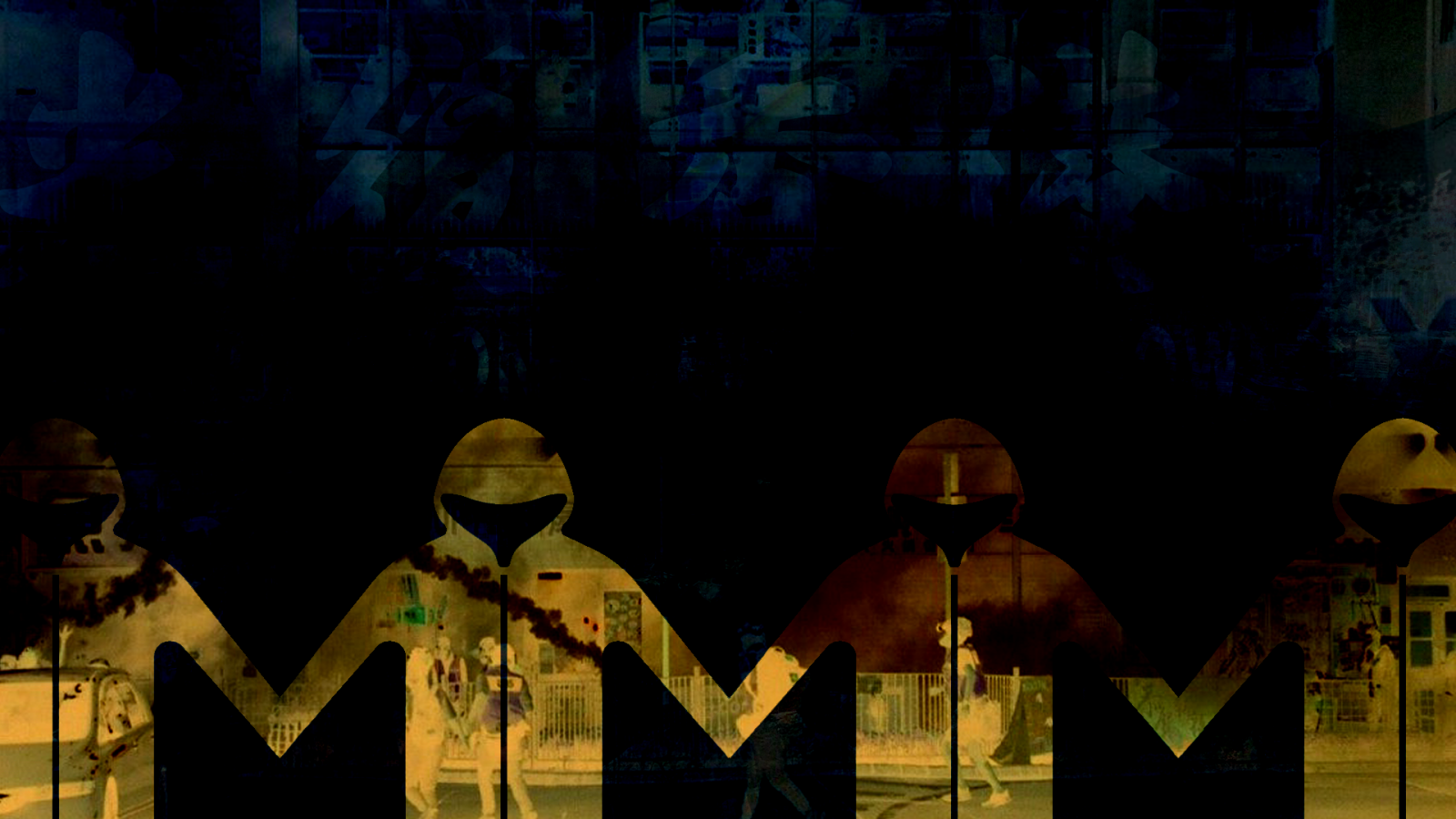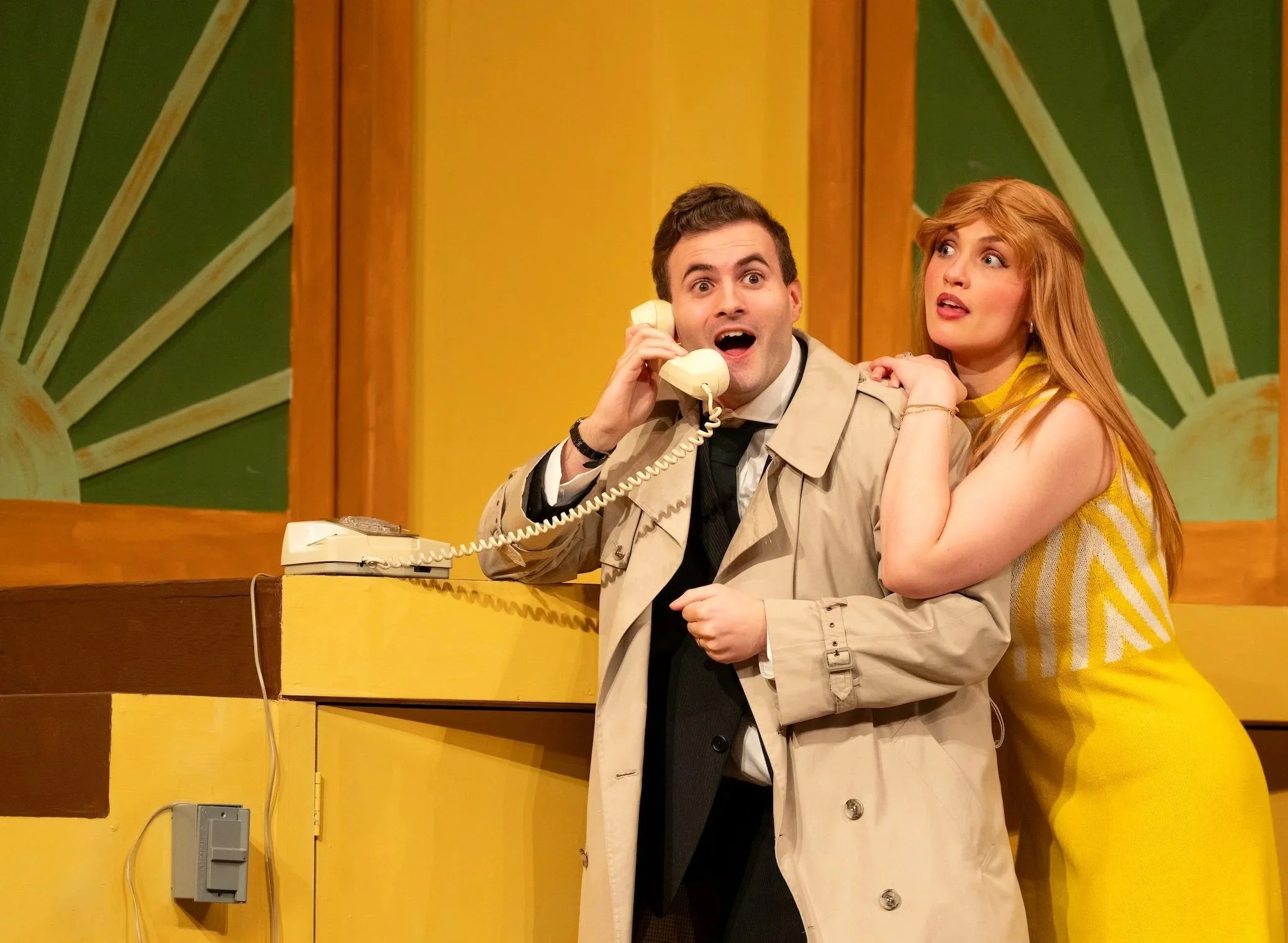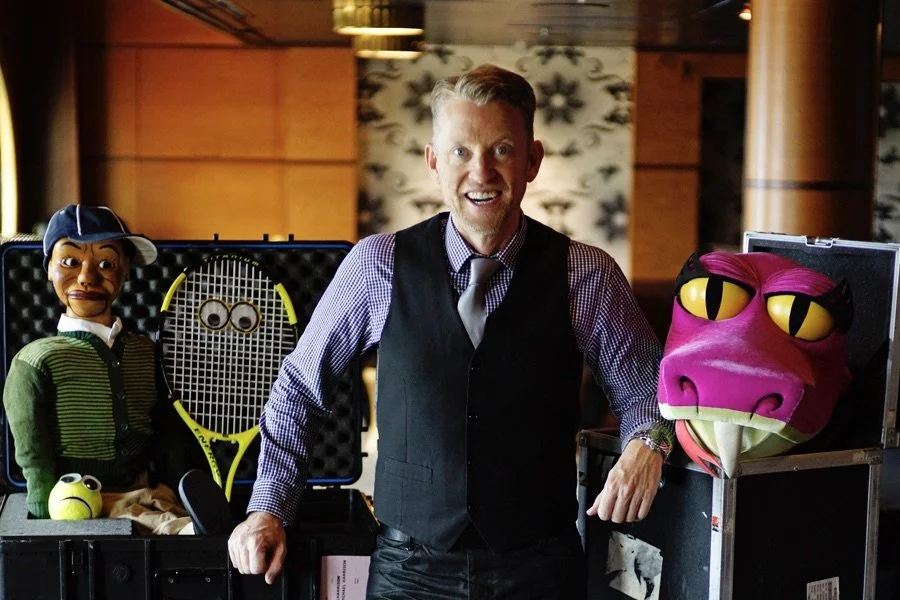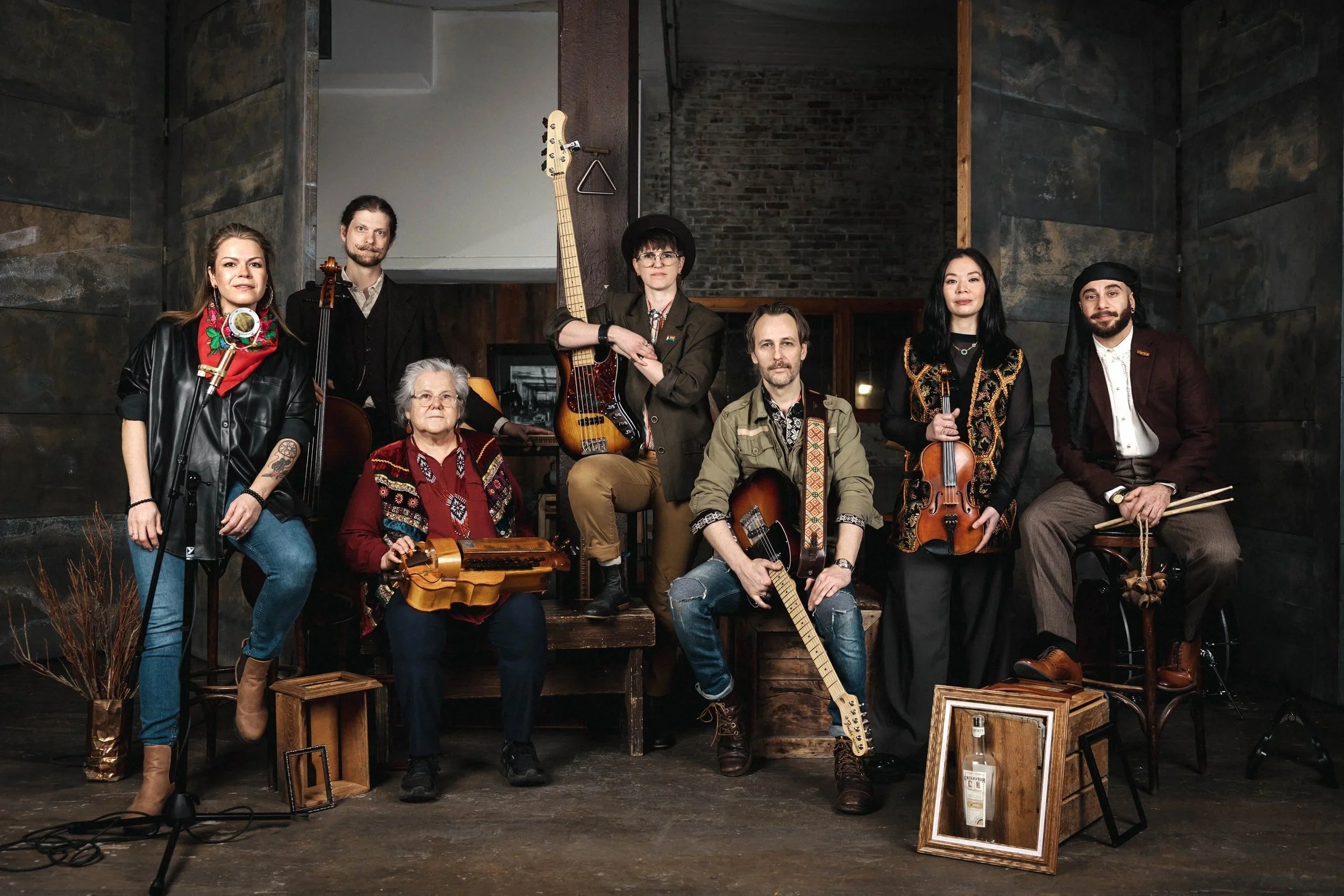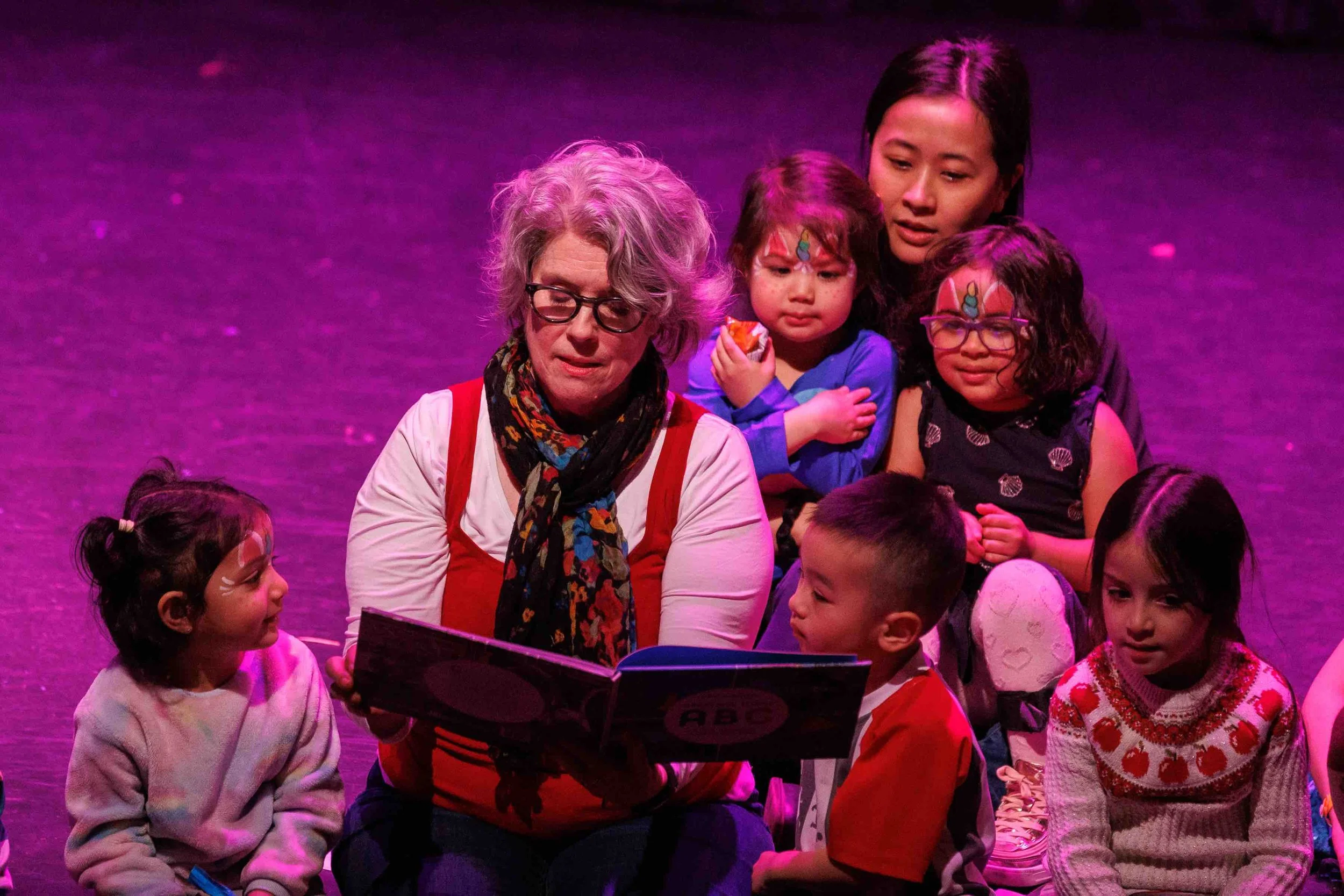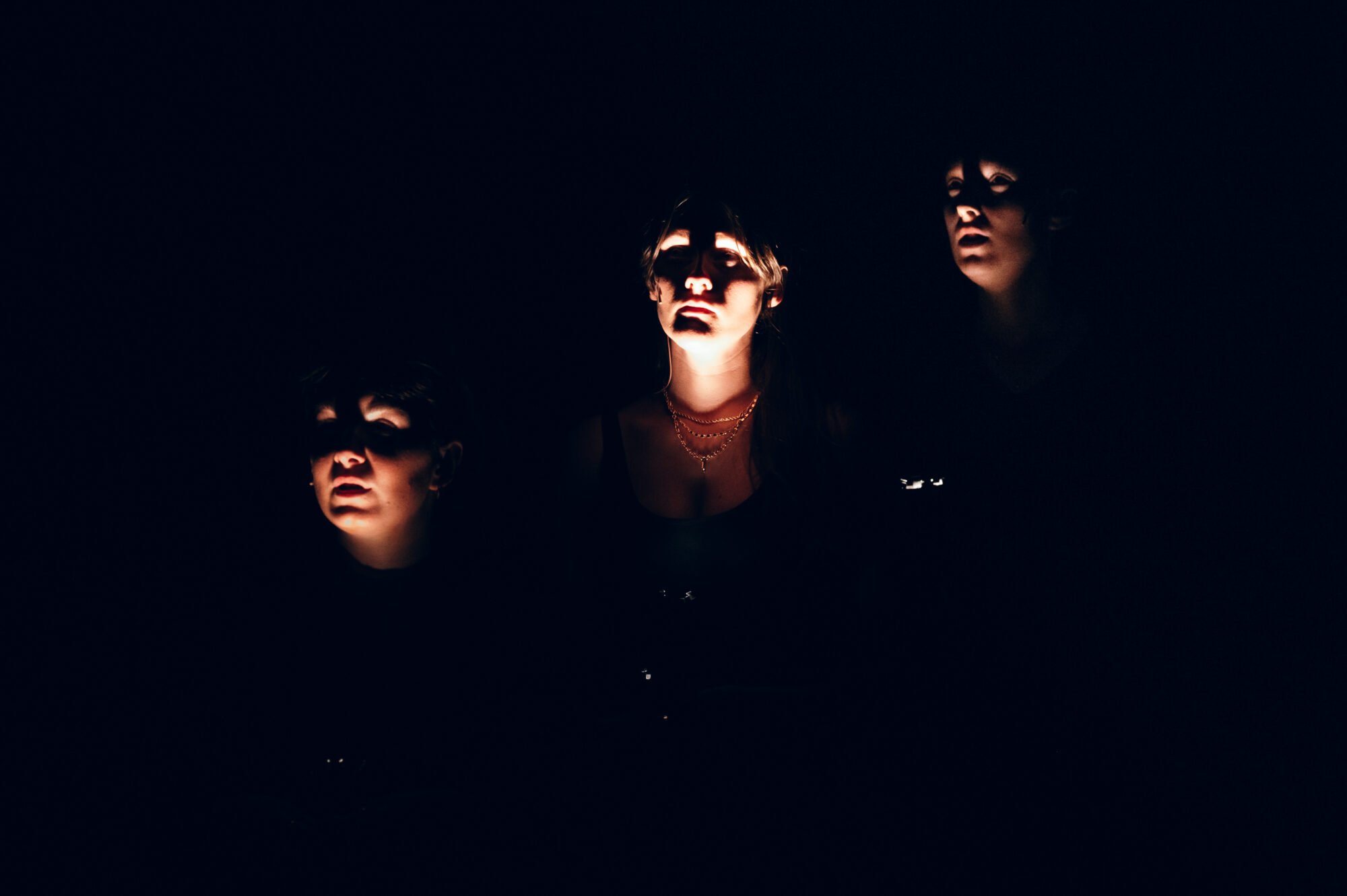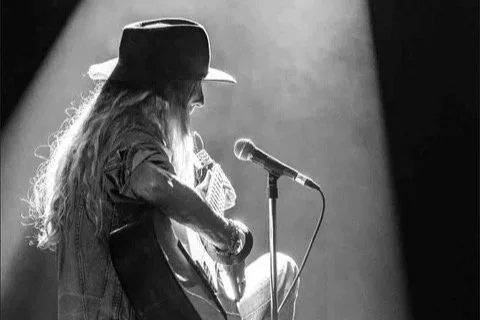Theatre artist Derek Chan stages a lament for Hong Kong in multifaceted yellow objects
Via digital stories and an installation at the Firehall Arts Centre, the rice & beans theatre artist reconnects with home
Photo by Sarah Race
Rice & beans theatre presents yellow objects’ digital experience in three installments, April 19 and 26, and May 3 . The Firehall Arts Centre stages the yellow objects exhibition in its courtyard from May 11 to 22; prebook viewings and find more info here.
SEPARATED BY thousands of kilometres from the pro-democracy turmoil and ongoing oppression in his Hong Kong homeland, Derek Chan was feeling helpless.
Last July’s heavy-handed Chinese crackdown against demonstrations only added to the anxiety. And so he decided to stage his own act of defiance and solidarity through art and performance.
“As someone born and raised in Hong Kong and who still has strong ties over there, I felt like, over here, I wanted to do something, even though I couldn’t go home,” the stage artist and cofounder of rice & beans theatre tells Stir.
The result is an innovative project called yellow objects. Developed with Playwrights Theatre Centre, it’s part interactive digital adventure and part theatrical installation at the Firehall Arts Centre.
Yellow, of course, has symbolized the pro-democracy movement since at least 2014, when protesters started wearing yellow ribbons and spreading the image of a yellow umbrella over social media. In 2019, when video captured police officers brutally kicking a protester in a yellow vest, a law-enforcement spokesman insisted it only showed the cops kicking “a yellow object”.
“Conscious or not, there were added racist overtones, to dehumanize the protestors and activists,” Chan says.
Beginning April 19, the digital series will introduce audiences to the work’s two protagonists, the young Vancouverite Sandra Wong, who gets called back to Hong Kong in 2051, and the older Uncle Chan, whose story dates back to Hong Kong’s crucial protests of 2019. Later, starting May 11 at the Firehall Arts Centre courtyard, viewers can wander through an installation of the objects left behind from Sarah and Uncle Chan’s journey—one that moves between the protest era of 2019 and the dystopian future of the Chinese-controlled Hong Kong of the 2050s.
Think abandoned umbrellas, barricades, shoes, and suitcases.
“All the characters the audience will meet are represented by objects left behind,” Chan hints. “It’s the whole idea that there are so many students and activists unaccounted for since 2019. It baffles my mind and breaks my heart to think that a lot of them have been ‘disappeared’, essentially. So that’s the image I wanted to evoke with that choice.”
In yellow objects, Sandra is a Vancouverite whose mother asks her to bring her grandmother’s ashes back to Hong Kong. It’s 2051, and she finds a dystopian city “not so different from the Hong Kong we know right now,” Chan says. A custodian at a high school, Uncle Chan, can help her on her quest to find out her grandmother’s backstory.
The history Chan draws from dates back to the return of Hong Kong from its status as a British colony to Chinese sovereignty in 1997. Residents of the colony were promised 50 years of self-rule that would leave its independent judiciary and way of life unchanged. But Beijing’s growing controls have lived up to many Hong Kongers’ worst fears. Mass protests, largely led by youth, have intensified in the last decade, including 2014’s Umbrella Revolution and the marches of 2019 that met a proposal to extradite Hong Kong criminal suspects to China. The conflict grew more violent through 2020, until National Security Law crackdowns largely cleared the streets.
Chan was working on the project as a more conventional stage play before pandemic lockdown hit. He switched gears to reimagine it as a kind of digital experience “where the audience affects the way it moves forward”. To accomplish that, he’s drawn inspiration from video games to create three short digital experiences for the first part of the program. (He and his team prepared with a weeklong workshop in the 3-D video-game platform Unity.)
The later exhibition at the Firehall courtyard will host 10 patrons per outdoor showing; there will be no live performers, only the objects left behind by the protagonists, voice recordings, and projections.
The personal gets political
It doesn’t take much to see Chan in Wong’s character and her yearning to return to Hong Kong and reconnect with her culture and family. Unlike his protagonist, Chan was born in Hong Kong, but he has spent much of his life abroad, heading to Norway to finish high school, and ending up in Vancouver at 19, later pursuing his BFA in theatre at SFU. He’s gone on to work as a playwright, director, performer, translator and producer here, cofounding rice & beans with Pedro Chamale in 2010. Recent projects that have kept him busy include 2019’s Sydney Risk Award-winning Chicken Girl, and the audio play Little Shrimp that’s streaming now at Carousel Theatre for Young People.
That pace hasn’t allowed for a lot of trips back across the Pacific to visit family--something Chan now deeply regrets.
Returning not just now, but for the foreseeable future, would be a risk--and not just because of COVID and its ongoing travel restrictions. He is coming to terms with the fact that any theatre work criticizing the Chinese government--even here—could make him a target of authorities in Hong Kong.
“A bit before 2019, I thought, ‘Derek, you’re turning 33 and you gotta go back and see your family; you haven’t seen them for a couple years,’” he says. “I am afraid that I have seen Hong Kong for the last time in person. It is my home, it is my childhood.”
There is audible pain in Chan’s voice when he talks about how he moved to Vancouver and, in an attempt to fit into the city’s theatre scene, stopped speaking Cantonese and distanced himself from Hong Kong.
“I spent a good portion of my first theatre career not having that connection,” he explains. “It was like self-imposed cultural exile. And then one day, maybe seven years ago, I had the realization that that is a part of me. You can’t kill a part of yourself and just move on.”
Yellow objects is one of the ways he’s attempting to reconnect with Hong Kong—no matter what the risks.
“I’m comfortable attaching my real name to this project, partly because I know I will have support from the media and my peers if something happens. But the team has been working under pseudonyms,” he explains, referring to the more than a dozen artists on the project.
Asked what hope he has for yellow objects, he first responds: “‘Hope’: what a word these days.” But dig a little further and it’s clear Chan is trying to bring positive change to a dire situation.
“I’m hoping to evoke an emotional response from the audience—whatever ties they have or don't have to Hong Kong—so that we’re all spurred on to take some sort of action, big or small.”
Chan’s aim is for that act of remembering what is going on in Hong Kong to give energy, from afar, to those fighting for change on the ground. “To give them the energy to keep running this marathon,” he says, then changes his mind: “Actually, it's not just a marathon; it’s a relay race. That’s something I have to remind myself: this duty of mine. After miles of marathon it's my turn to pass the baton to the next runner, so hopefully whatever day it is, one of them will be able to see the finish line in the distance. My hope coming out of this project is action for where we are here in Canada, on how our government has reacted, or not reacted, to what's going on.”
Chan may believe Canada could do more to hold China accountable for the Hong Kong crackdown. But he clearly values the freedom he has here to stage a work like yellow objects--an artful act of defiance to make him feel a lot less helpless.



